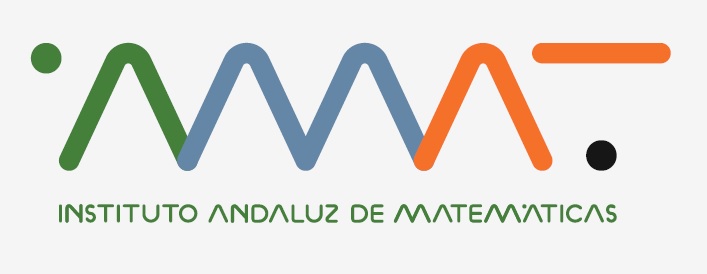
We present recent developments in the study of the longtime dynamics of the incompressible Navier-Stokes equations and related scalar models. The main mechanism we analyze is mixing, which is a purely advective effect which causes a transfer of energy to high frequencies. In linear models, this effect can be understood in a dynamical system fashion by analyzing the decay of correlations of the associated flow, or in a more spectral theoretic way by studying the properties of the linear operators involved with the help of the RAGE theorem. It can be also associated to hypo-elliptic regularization effects. Mixing has important quantitative stability consequences for certain stationary solutions to the Euler equations, and it causes a relaxation effect called inviscid damping. When dissipation is present, mixing gives rise to what we refer to as enhanced dissipation: this can be understood by the identification of a time-scale faster than the purely diffusive one. This talk is based on recently obtained results: (1) a general quantitative criterion that links mixing rates to enhanced dissipation time-scales, with nice connections to the dynamics of contact Anosov flows, and (2) a precise identification of the enhanced dissipation time-scale for the Navier-Stokes equations linearized around the Poiseuille flow, along with metastability and nonlinear transition stability thresholds results, which show a direct link with 1D Schrodinger equations.
